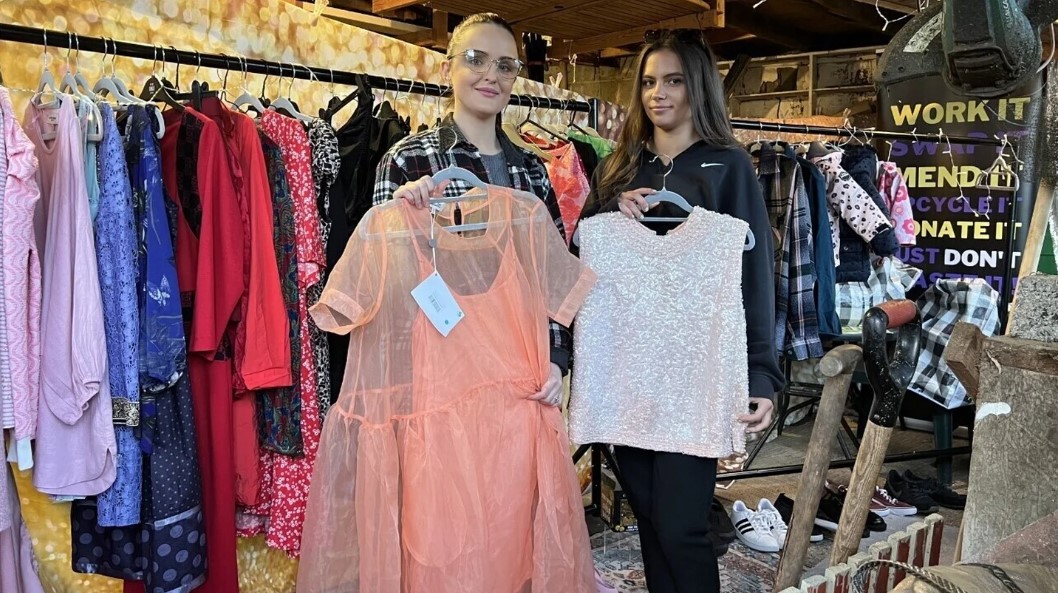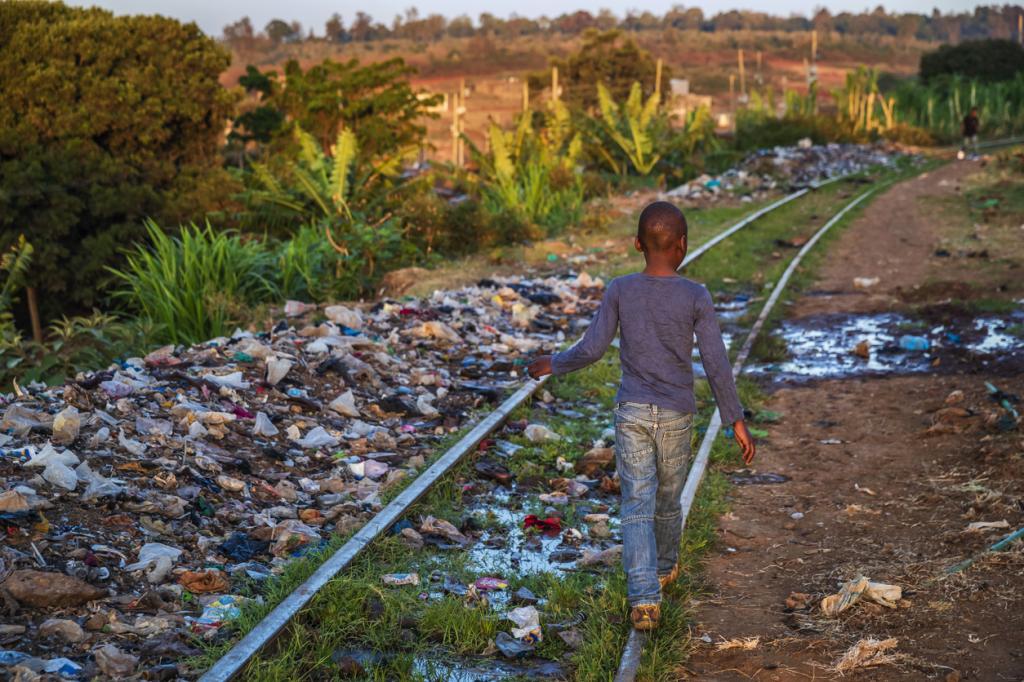A significant weather event is drawing attention to environmental issues this week. Heavy rains in Kenya have exposed a disturbing sight along riverbanks: massive piles of secondhand clothes, much of it flowing into the water.
The deluge of fast fashion waste has sparked concern globally about the environmental impact of mass consumption.
Mary Fleming, who witnessed the piles firsthand while vacationing in Kenya, was struck by the magnitude of the problem.
A decade later, the 34-year-old from Ireland has become a leading advocate for sustainable fashion.
Fleming now runs “Change Clothes,” a non-profit organization in Dublin dedicated to preventing waste through clothing swaps, repairs, and upcycling.

The organization has expanded from a small base in Crumlin to a larger location in the city center, offering workshops and swap shops.
The initiative allows participants to exchange and rent clothes, while also learning how to mend and repurpose garments.
Fleming hopes to shift perceptions around secondhand fashion, which is still stigmatized in some communities.
As the climate changes, bringing more intense weather events, the need to address textile waste is growing.
New EU regulations, set to take effect in January, will require the separate collection of textiles for recycling.
Fleming’s campaign, which was inspired by the shocking sight of discarded clothes in Kenya, aims to prepare people for these changes.
Fleming remains optimistic, focusing on the difference that small steps can make in the face of global environmental challenges.
As more people embrace secondhand clothing, she believes the movement can bring meaningful change—one garment at a time.

